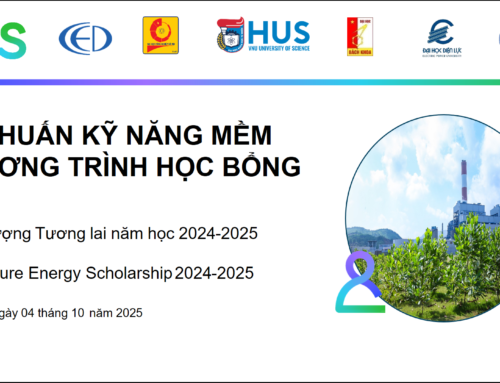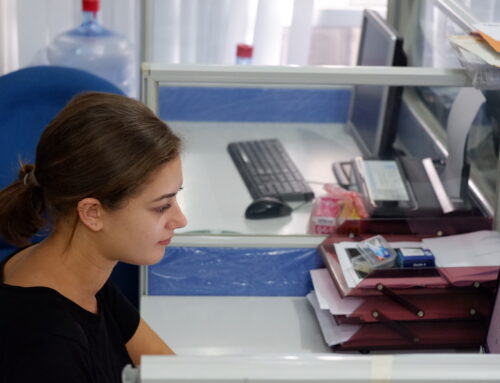The EPP Approach
The design and implementation of this project have been accomplished through a collaborative effort with the Global Alliance on Health and Pollution (GAHP), in partnership with the Center for Education and Development (CED) and funded by UK International Development from the UK government through the Department for Environment, Food and Rural Affairs (Defra).
Together, GAHP and CED are supporting Da Nang in developing an integrated and inclusive waste management model. The approach emphasizes:
- Business and community engagement – working with companies, schools, and local organizations to change practices and scale impact.
- Action-oriented research – studying challenges and opportunities to guide practical solutions.
- Plastic waste reduction – piloting alternatives and promoting sustainable options.
- Social inclusion – ensuring women, youth, and vulnerable groups benefit from new opportunities in waste management and innovation.

GAHP delegation with representatives from the Center for Environment and Development (CED) during their first official meeting in Hanoi on September 11. (Photo credit: GAHP).
Building on CED’s Experience
CED has already made significant progress in raising awareness and piloting solutions.
- Environment Leaders program: Training 81 students and young professionals in plastic waste management and recycling, including field trips to recycling plants and refresher courses.
- Community awareness: Organizing training for 200 students at the National Economics University, sparking interest in sustainable practices.
- Business engagement: Supporting SMEs to reduce single-use plastics through training workshops, reaching more than 100 participants.
- Media coverage: Generating strong public attention, with 30 newspapers and TV outlets covering CED’s initiatives, resulting in 54 media features.
- Practical impact: Collecting more than five tons of plastic waste through community initiatives.

Forum with businesses in Da Nang about reducing plastic waste.
These efforts show how CED can combine education, partnerships, and action to deliver measurable result
Expected Outcomes in Da Nang
The Da Nang project builds on this experience and is designed to deliver:
- Deeper understanding of solid waste management challenges in Da Nang.
- Support for local innovation, especially in the tourism sector, to improve solid and plastic waste management.
- Greater public awareness of sustainable waste practices and alternatives to plastic.
Looking Ahead
The Da Nang model will serve as a blueprint for other provinces and cities in Vietnam. By scaling lessons learned, the initiative will contribute to a cleaner environment, better public health, and opportunities for communities to thrive.




